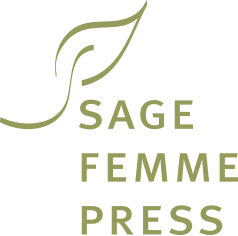We are devoted to stories because that is how the mind works.
E.O. Wilson
Got it in December. Read it in May. Am still thinking about it in July: Edward O. Wilson’s book, “The Meaning of Human Existence.” According to him, it’s “the epic of the species begun in biological evolution.” I’m not entirely satisfied with his thesis. For me an epic conveys meaning but is not the entirety of it. Nevertheless, it’s fascinating to consider that the mind works in stories.
Wilson, a renowned biologist, Harvard professor emeritus and student of ants, goes on to talk at length about the synergy between the analytic power of science and the introspective creativity of the humanities. What does this mean for those of us in the health professions who see ourselves straddling a divide between the science on which our profession is built and the humanity that illuminates and guides our practice? For me, it confirms the artist’s fundamental importance to the human endeavor. It also makes me wonder whether the divide between science and art really exists.
Wilson says, “The early stages of a creative thought, the ones that count, do not arise from jigsaw puzzles of specialization.” [Think about our health systems, our universities.] “The most successful scientist thinks like a poet—wide-ranging, sometimes fantastical—and works like a bookkeeper.” That observation should inspire us all—scientists, poets, tellers of stories and, yes, bookkeepers.
